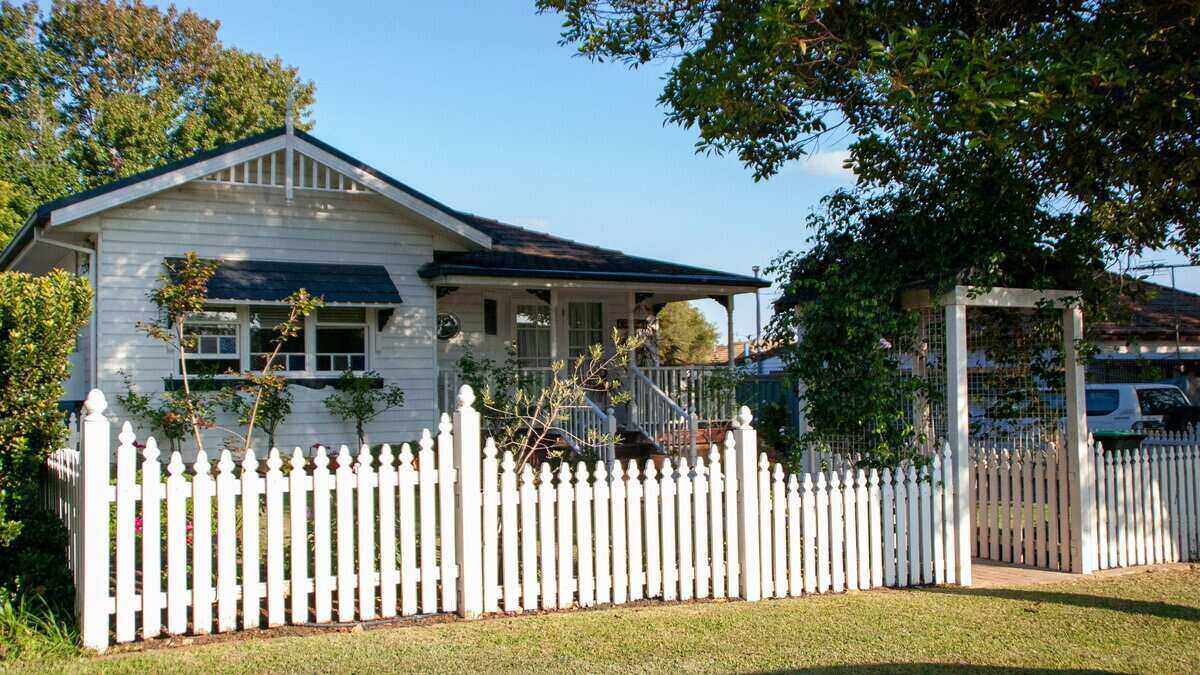The Consumers and COVID-19: from crisis to recovery report by the Consumer Policy Research Centre (CPRC) has found finds higher levels of financial stress among renters when compared to households with a mortgage.
The results show 75% of renters are concerned about their financial wellbeing compared to 64% of mortgage holders.
Meanwhile, nearly half (49%) of renters expressed concerns about housing costs compared to nearly a third (31%) of mortgage holders.
Buying a home or looking to refinance? The table below features home loans with some of the lowest variable interest rates on the market for owner occupiers.
| Lender | Home Loan | Interest Rate | Comparison Rate* | Monthly Repayment | Repayment type | Rate Type | Offset | Redraw | Ongoing Fees | Upfront Fees | Max LVR | Lump Sum Repayment | Extra Repayments | Split Loan Option | Tags | Features | Link | Compare | Promoted Product | Disclosure |
|---|---|---|---|---|---|---|---|---|---|---|---|---|---|---|---|---|---|---|---|---|
5.54% p.a. | 5.58% p.a. | $2,852 | Principal & Interest | Variable | $0 | $530 | 90% |
| Promoted | Disclosure | ||||||||||
5.49% p.a. | 5.40% p.a. | $2,836 | Principal & Interest | Variable | $0 | $0 | 80% |
| Promoted | Disclosure | ||||||||||
5.64% p.a. | 5.89% p.a. | $2,883 | Principal & Interest | Variable | $250 | $250 | 60% |
| Promoted | Disclosure | ||||||||||
5.64% p.a. | 5.89% p.a. | $2,883 | Principal & Interest | Variable | $248 | $350 | 60% |
| Disclosure |
According to CPRC, this exposes "deep cracks" in the Australian housing market.
"In addition to the disproportionately high financial stress burdening renters, they have also not had the same freedom as homeowners to make their living arrangements more manageable under COVID-19 restrictions," the report said.
"Adjustments such as renovating a space to make room for parents and children working from home, or welcoming a pet are privileges not afforded to most Australian renters.
"As governments turn efforts towards rebuilding our economy, a sustained focus on the things that will improve the wellbeing, trust and confidence of all Australian consumers needs to be front and centre.
"A home is a home, no matter whether you’re paying a mortgage, or the rent."
Who was more concerned about household bills?
CPRC's report shows renters had higher levels of concern when it comes to household bills like energy, groceries and credit card bills.
In total, 47% of renters were concerned about energy bills compared to 29% of homeowners, while the rate of concerns about groceries among renters was nearly double the rate for mortgage holders.
|
Renters |
Mortgage holders |
|
|
Concerns about energy bills |
47% |
29% |
|
Concerns about groceries |
40% |
20% |
|
Concerns about credit card bills |
39% |
29% |
Source: CPRC
[Read: Rising energy costs a major concern for 96% of Australian households]
Who missed more repayments: Renters or homeowners?
Renters again missed a greater proportion of payments across a variety of different sectors due to COVID-19, such as housing, credit, energy and telco.
As many as 7% of renters missed some rent repayments, while 2% of mortgage holders missed mortgage repayments.
While most banks offered customers mortgage deferrals for six months or more, renters were only offered an eviction moratorium, and still had to negotiate with their landlords for rent reductions.
According to a survey by Better Renting, most who asked for a rent reduction were unsuccessful.
|
Renters |
Mortgage holders |
|
|
Missed housing repayments |
7% |
2% |
|
Missed credit repayments |
10% |
3% |
|
Missed energy repayments |
9% |
3% |
|
Missed telco repayments |
7% |
1% |
Source: CPRC
CPRC's report supports this, with only 2% of renters saying they were offered payment assistance by their landlord, while 5% of mortgage holders were helped by their bank.
A higher proportion of renters (16%) "had a negative experience when reaching out for payment assistance" with housing costs, compared to 9% of homeowners.
Renters more likely to take on more credit during COVID-19
With renters having higher levels of concern about repaying credit compared to homeowners (39% vs 29%), it makes sense that renters also turned to credit and buy now, pay later (BNPL) more than their mortgage holder counterparts.
According to the results, 37% of renters took on credit or buy now, pay later compared to 26% of homeowners, just to manage basic household expenses.
Payday loans meanwhile were used by 4% of renters, and 0% of homeowners.
|
Renters |
Mortgage holders |
|
|
Took on credit cards/BNPL |
37% |
26% |
|
Took on payday loans |
4% |
0% |
Source: CPRC
Renters dip into their savings, super more
A sizeable 44% of renters and 28% of homeowners were forced to dip into their savings during the pandemic, while 15% of renters were forced to borrow money from family or friends compared to just 2% of homeowners.
Just under 20% of renters withdrew from their superannuation using the government's early super access scheme, which has now seen more than $33 billion withdrawn across the country.
Only 8% of homeowners had to dip into their retirement fund.
[Read: How to catch up if you've withdrawn your super early]
|
Renters |
Mortgage holders |
|
|
Dipped into savings to meet ends meet |
44% |
28% |
|
Accessed super early |
19% |
8% |
|
Borrowed money from family or friends |
15% |
2% |

Ready, Set, Buy!
Learn everything you need to know about buying property – from choosing the right property and home loan, to the purchasing process, tips to save money and more!
With bonus Q&A sheet and Crossword!







 Denise Raward
Denise Raward

 Harry O'Sullivan
Harry O'Sullivan
 Arjun Paliwal
Arjun Paliwal
 William Jolly
William Jolly

